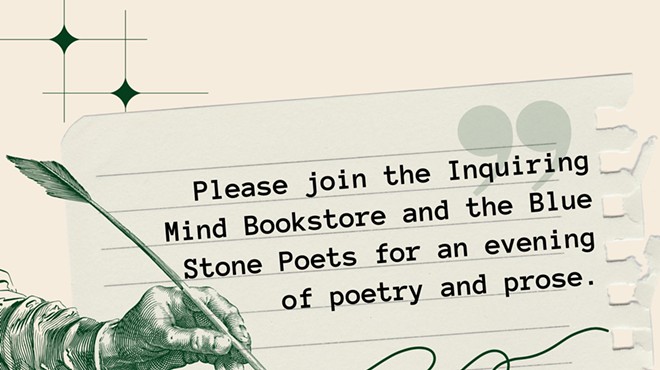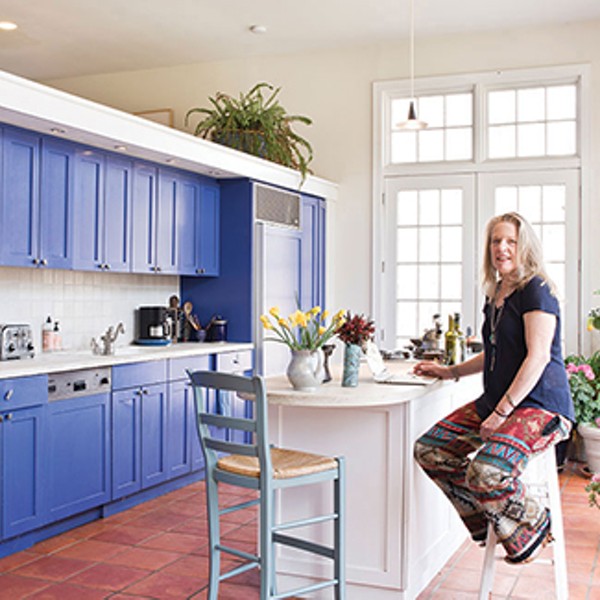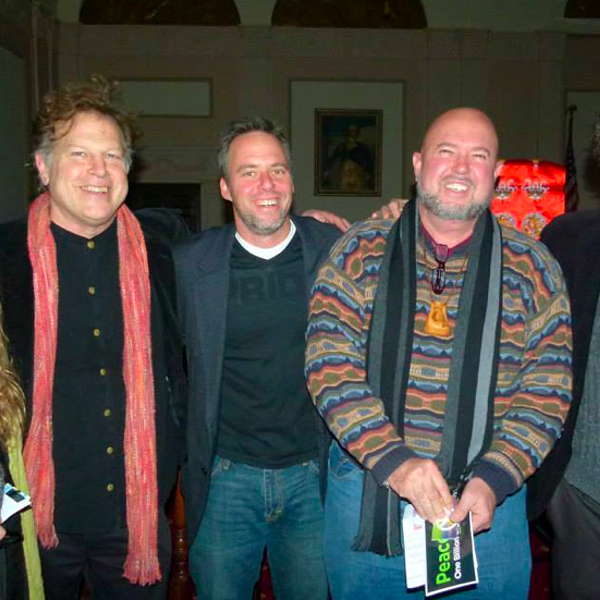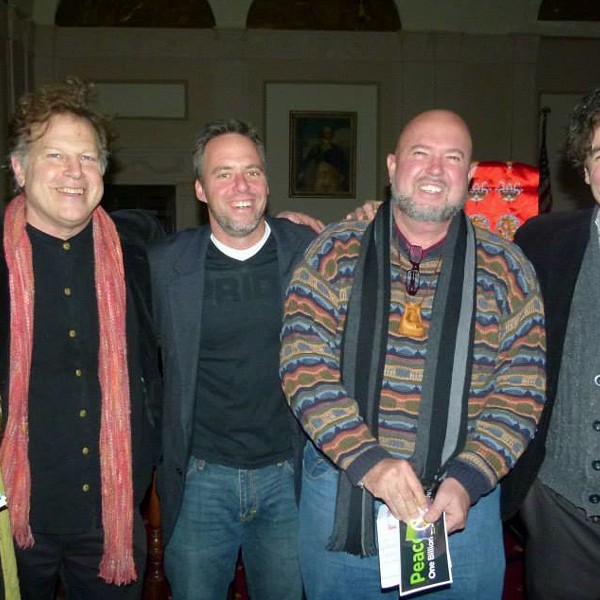No cars are allowed in this area, so taxis drop you off at the edge of the square. The average trip from a hotel to the medina costs about 20 Dirham, or $1 US. The atmosphere is fantastical. Snake charmers calmly slip their cold-blooded captives around the necks of passersby, asking only afterward for a few Dirhams in exchange for this touch with the exotic. In the evening, large circles gather around musicians, dancers, acrobats, jugglers, storytellers, trained monkeys, young men boxing, and all sorts of other entertainment. An especially large circle surrounds a group of dancing men colorfully attired in women's clothes. Young men approach, offer to take your money and return with your choice of hashish, opium, or both.
There are open-air eateries where cooks and waiters hawk menus. All items are on display, including lamb heads and livers. Kabobs of chicken, lamb, beef, and seafood are only side dishes to a variety of salads-eggplant, beet, spinach, and different types of slaws. Trays of fried shrimp and calamari sit next to heaping platters of couscous, steaming pots of stewing vegetables, and of course olives, bowls and bowls of many varieties. If you don't care for the soda served up at these stands, fresh-squeezed orange juice is sold at other stands, where men perform stunts and jokes to attract customers.
THE PATH TO MODERNIZATION
I have been reading the books of Morocco's leading feminist writer, Fatema Mernissi. Islam and Democracy speaks about "the irreversible trend of democracy" in Morocco. Mernissi contends that satellite communication will have a powerful impact on Islam, Morocco's emerging democracy, and women's freedom, and that the sharing of views and culture among "peace-nurturing citizens" of the East and West can subdue terrorism. Beyond the Veil is an exploration of male-female dynamics in modern Muslim society. In Scheherazade Goes West: Different Cultures, Different Harems, Mernissi investigates and compares gender relations in Europe and in the Arab world.
Democracy is very much on the minds of Moroccans, especially due to the actions of their new king, Mohammed VI. Almost immediately after his succession to the throne following the death of his father, King Hussan II, in 1999, King Mohammed VI took steps to energize the Moroccan society toward democracy, modernization of the economy, and stronger ties with Europe and America. Promising tolerance and respect for human rights, he released political prisoners jailed by his father and allowed dissidents to return from exile. With his sweeping reforms of women's rights and liberal agenda, he made it clear he was bent on bringing this ancient monarchy into the 21st century. Not an easy task-his goal is loathed by extremists, not just in Morocco but throughout the Middle East, who link modernization with Westernization and fear the loss of their culture.
One of King Mohammed's highest priorities has been to reform the Moroccan Family Law, or Moudawana, a mixture of customs and Islamic law that has historically denied basic human rights for women. Among other functions, the Moudawana governs the relationship between a husband and wife, even before the wedding. Traditionally, men have all the rights in a marriage and none of the responsibilities. They can marry up to four women, divorce their wives at will while automatically gaining control of all assets and properties-even those from before the marriage. This in itself has forced many women out onto the streets. In addition, a woman's father has guardianship over her and could marry her off to any man he chose, regardless of her wishes.
"The Moudawana is really a type of violence, judicial violence against Moroccan women," says Damia Benkhouya, a Moroccan women's rights activist. "It entirely goes against the reality of Moroccan women by not including them as part of society, by not allowing them to participate in development in all areas-political, economic, social, and cultural. When you look at the Moudawana, women are always inferior. The Moudawana is really, in fact, about being your husband's slave."

















